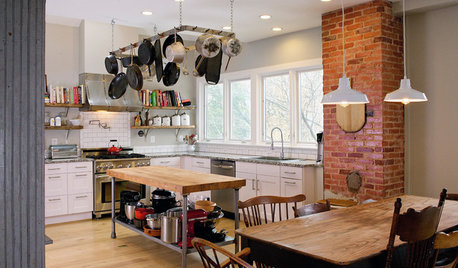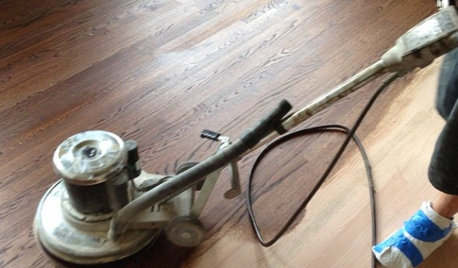What do you need to do/know if buying raw land?
farmhousegirl
11 years ago
Featured Answer
Sort by:Oldest
Comments (26)
pbx2_gw
11 years agolast modified: 9 years agoRelated Professionals
De Pere Architects & Building Designers · Morganton Architects & Building Designers · Landover Home Builders · Norco Home Builders · South Sioux City Home Builders · West Whittier-Los Nietos Home Builders · West Carson Home Builders · Browns Mills General Contractors · Clarksville General Contractors · Cumberland General Contractors · Great Falls General Contractors · North Highlands General Contractors · Port Washington General Contractors · Rock Island General Contractors · Troutdale General Contractorskirkhall
11 years agolast modified: 9 years agofarmhousegirl
11 years agolast modified: 9 years agoppbenn
11 years agolast modified: 9 years agopbx2_gw
11 years agolast modified: 9 years agoUser
11 years agolast modified: 9 years agobrickeyee
11 years agolast modified: 9 years agolavender_lass
11 years agolast modified: 9 years agossgumby
11 years agolast modified: 9 years agoWNCAU
11 years agolast modified: 9 years agoflgargoyle
11 years agolast modified: 9 years agodekeoboe
11 years agolast modified: 9 years agoTxMarti
11 years agolast modified: 9 years agonanj
11 years agolast modified: 9 years agopbx2_gw
11 years agolast modified: 9 years agoppbenn
11 years agolast modified: 9 years agoenergy_rater_la
10 years agolast modified: 9 years agoStephanie Halfacre
10 years agolast modified: 9 years agoLOTO
9 years agolast modified: 9 years agotulips33
9 years agolast modified: 9 years agocsharpe91010
9 years agolast modified: 9 years agomushcreek
9 years agolast modified: 9 years agodekeoboe
9 years agolast modified: 9 years agoStephanie Halfacre
9 years agolast modified: 9 years agoStephanie Halfacre
9 years agolast modified: 9 years ago
Related Stories

PETSWhat You Need to Know Before Buying Chicks
Ordering chicks for your backyard coop? Easy. But caring for them requires planning and foresight. Here's what to do
Full Story
INDUSTRIAL STYLEMy Houzz: From Raw Space to Hip Home in a Converted Utah Garage
Creative repurposing with an industrial edge defines the first home of an engaged couple in Salt Lake City
Full Story
KITCHEN DESIGNNew This Week: 4 Kitchens That Embrace Openness and Raw Materials
Exposed shelves, open floor plans and simple materials make these kitchens light and airy
Full Story
MATERIALSRaw Materials Revealed: Drywall Basics
Learn about the different sizes and types of this construction material for walls, plus which kinds work best for which rooms
Full Story
GREAT HOME PROJECTSWhat to Know About Adding a Reclaimed-Wood Wall
Here’s advice on where to put it, how to find and select wood, what it might cost and how to get it done
Full Story
MATERIALSInsulation Basics: What to Know About Spray Foam
Learn what exactly spray foam is, the pros and cons of using it and why you shouldn’t mess around with installation
Full Story
CONTRACTOR TIPSBuilding Permits: What to Know About Green Building and Energy Codes
In Part 4 of our series examining the residential permit process, we review typical green building and energy code requirements
Full Story
GREAT HOME PROJECTSWhat to Know Before Refinishing Your Floors
Learn costs and other important details about renewing a hardwood floor — and the one mistake you should avoid
Full Story
FLOORSKnow Your Flooring: Concrete
Concrete floors have a raw and elegant beauty that can be surprisingly warm
Full Story
LIGHTINGWhat to Know About Switching to LED Lightbulbs
If you’ve been thinking about changing over to LEDs but aren't sure how to do it and which to buy, this story is for you
Full StoryMore Discussions








bevangel_i_h8_h0uzz